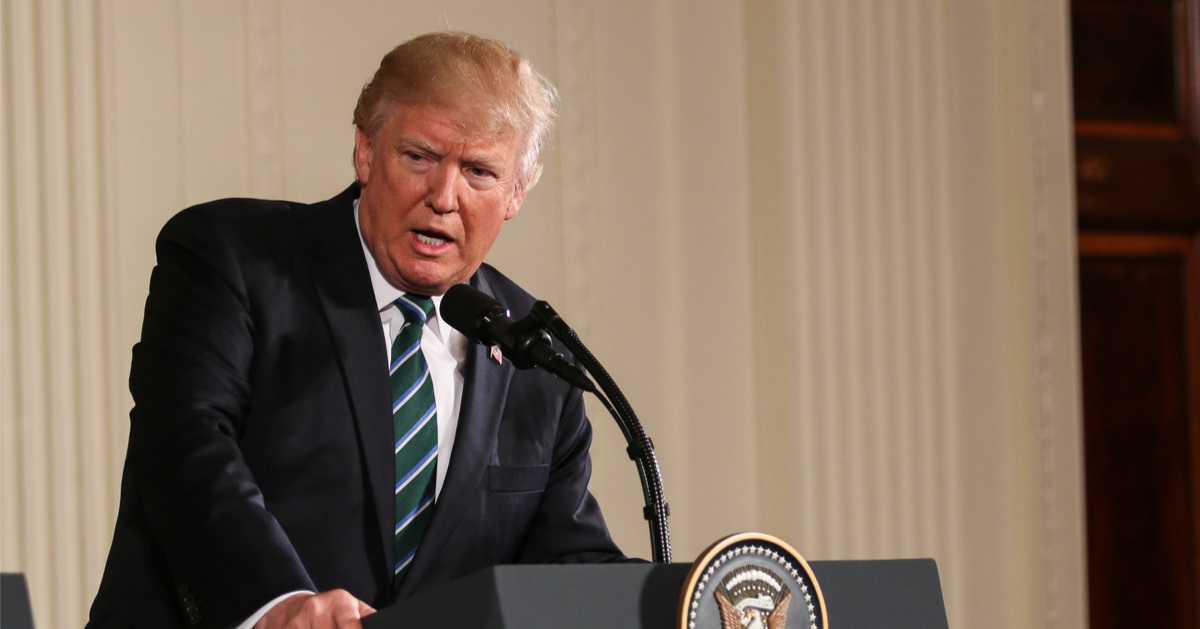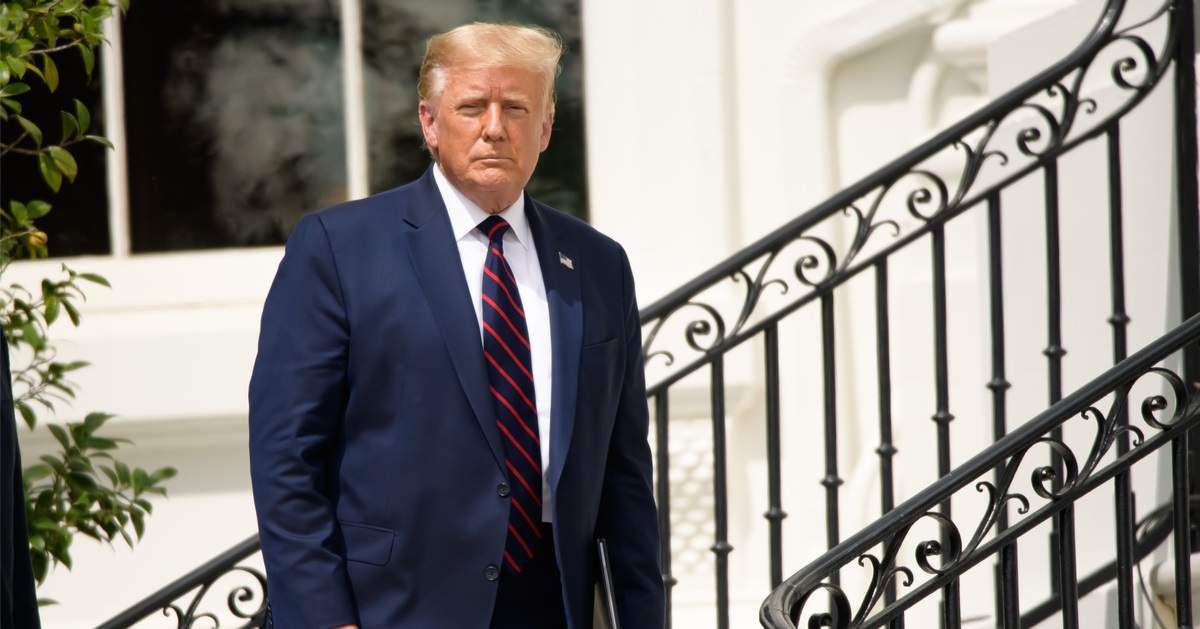US vetoes UN Security Council resolution on ceasefire to end Israel-Hamas war
The United Nations Security Council held a vote on Thursday on a resolution that called for an immediate ceasefire to end the war between Israel and Hamas in Gaza, among other demands, such as calling for the release of hostages held by Hamas and the delivery of humanitarian aid to the Palestinian people.
Yet, that ceasefire resolution was vetoed and killed by the United States, even though all 14 other members of the council voted in favor of it, according to the Associated Press.
The reason for that veto, as explained by the top U.S. representative to the U.N., was that the resolution did not go far enough in condemning Hamas or holding the terrorist organization accountable for its central role in the plight of the Palestinian people, as it did with regard to Israel.
Hamas not held accountable
In remarks delivered to the U.N. Security Council on Thursday, Morgan Ortagus said, "U.S. opposition to this resolution will come as no surprise. It fails to condemn Hamas or recognize Israel’s right to defend itself, and it wrongly legitimizes the false narratives benefiting Hamas, which have sadly found currency in this Council."
"Council Members ignored when the United States made clear that this resolution was unacceptable," she continued. "The Council instead opted for a performative action -- designed to draw a veto -- that extends Hamas terrorists and those who fund them and support them, and gives them a lifeline."
Ortagus pointed out that Hamas instigated the current conflict with its Oct. 7, 2023, attacks and kidnappings in southern Israel, still holds dozens of hostages in captivity, and bears responsibility for the disruption and loss of Palestinian lives and the destruction of Gaza by the Israeli military.
"Hamas is responsible for starting and continuing this war," she asserted. "Israel has accepted proposed terms that would end the war, but Hamas continues to reject them. This war could end today if Hamas freed the hostages and laid down its arms."
Other issues emerge
Ortagus further noted the resolution's lack of acknowledgement of Israel's inherent right to defend itself against Hamas' attacks, that it drew a "dangerous false equivalence" between Israel and Hamas, and that it treated the remaining hostages as a "mere afterthought."
Worse, "This resolution also refuses to acknowledge and seeks to return to a failed system that has allowed Hamas to enrich and strengthen itself at the expense of civilians in need," she said and went on to highlight the allegations that Hamas has intercepted and kept for itself a bulk of the international aid that has been delivered to ease the burden of Palestinians in Gaza.
"So, the United States rejects this unacceptable resolution. It is beyond time that Hamas release every single hostage now and surrender immediately," Ortagus said. "The United States will continue to work with its partners to bring an end to this horrific conflict for the sake of the people of Gaza, who deserve a future free from Hamas, and of the whole Middle East, which is ready to move to a new chapter of peace and prosperity."
Sixth U.S. veto of ceasefire resolution
U.N. News reported that this was the sixth veto of a Security Council ceasefire resolution by the U.S. since the conflict between Israel and Hamas erupted nearly two years ago with a wave of murderous terrorist attacks and kidnappings by Hamas against innocent Israelis and others.
The resolution had been put forward by some of the Council's 10 non-permanent members, including Denmark, whose ambassador attempted to spin the vote as a moral victory despite the U.S. veto.
"Even though this resolution was not adopted today at this 10,000th meeting of the Council, 14 members of this Council have sent a clear message," Danish Ambassador Christina Markus Lassen said. "We want to see an immediate and lasting ceasefire, the immediate and unconditional release of all hostages, and the urgent lifting of all restrictions on humanitarian aid. We will continue to work for this for however many Council meetings it may take."
Though not part of the Council, and therefore unable to vote on the resolution, Israel also registered its opposition to the effort, according to the AP, as Israeli Ambassador Danny Danon said it would "not release the hostages and will not bring security to the region," and added, "Israel will continue to fight Hamas and protect its citizens, even if the Security Council prefers to turn a blind eye to terrorism."




